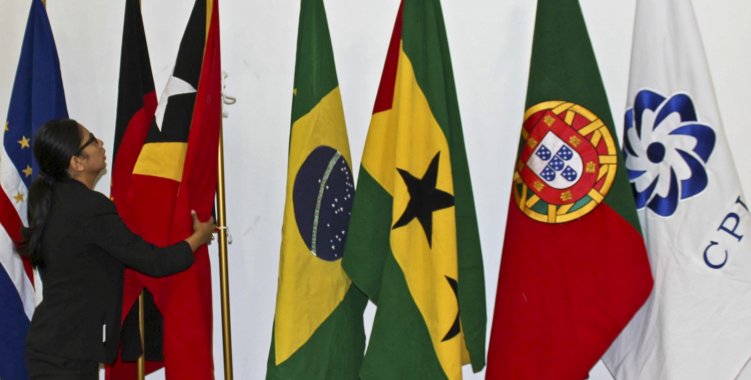The agreement was prepared throughout the Cape Verdean presidency of the CPLP, which ended this month, and the ratification in a final vote was made tonight, at the conclusion of the second day of the last session of the parliamentary year, which runs until Friday in the National Assembly in Praia, with the votes in favor of the 69 deputies present, from the MpD (majority), PAICV (opposition) and UCID (opposition).
The draft resolution to ratify this agreement was brought to parliament by the government as a matter of urgency and was accepted with the consensus of the parties represented, who said it was a "victory" of the Cape Verdean presidency of the CPLP, corresponding to the "ambition of building a true community of peoples.
To come into force, and allow for negotiations between countries, this agreement will have to be ratified by at least three member states, and Portugal has already announced that it intends to do so next September.
The CPLP heads of state and government approved on July 17, in Luanda, the Agreement on Mobility.
In the resolution of the Council of Ministers approved at the organization's 13th summit, the leaders committed themselves to "promote the necessary steps with a view to the reception, as soon as possible" of the agreement "in their respective legal systems.
The leaders highlighted the importance of mobility in sectors such as tourism, culture, education, science and innovation and in the economic-business area, and "its role for the sustainable development of member states.
Given the different territorial spaces (Europe, Africa, South America and Asia) and legal frameworks of the member states, this agreement establishes "a system characterized by the flexibility of solutions, geometry in the modalities and categories of people and variability in the partnerships through additional instruments and in the speed of implementation.
The agreement on Mobility "is based" on two assumptions, emphasizes its text. Firstly, "the ambition and political will to make the CPLP a space of mobility for academics, researchers, cultural agents, students, and entrepreneurs, but also for citizens in general.
Also "the recognition that the process is complex and difficult, for various reasons," but especially because it includes countries "with their own specificities, from the point of view of institutional framework and social and political reality, and inserted in very particular regional contexts.
"In the abstract, countries are offered certain choices", with the agreement establishing "three modalities of mobility": Short-term stays, "also often called free movement"; the temporary stay, "with a somewhat reduced scope", lasting one year; and the CPLP Residency.
"The instrument to allow for short stays is the suppression of visas; for the temporary stay, is the temporary stay visa; and for the residence permit, is the CPLP Residence Visa and the CPLP Residence Permit," reads the agreement, which provides for the possibility of being implemented at various speeds and by understandings directly between member states.
The XIII Conference of Heads of State and Government of the CPLP, in which Angola received the presidency, was marked by the signing of this agreement and the assumption of a new priority: the strengthening of economic relations.
At Angola's request, this summit, which should have taken place in 2020, was postponed to July 2021, because of the pandemic, and the Cape Verdean presidency accepted to extend its two-year mandate for one more year.
The agreement defines that mobility within the CPLP covers holders of diplomatic, official, special and service passports, as well as ordinary passport holders.
In addition, it provides for the subdividing of ordinary passport holders into groups according to the activities they carry out, namely professors, researchers, businessmen, cultural agents, artists, sportsmen and representatives of the media, writers, musicians, promoters and organizers of cultural and sporting events, and students.
The issue of facilitating movement has been debated in the CPLP for about two decades, but had a greater impetus with a more concrete proposal presented by Portugal at the Brasília summit in 2016, and became the priority of the rotating presidency of the organization of Cape Verde in the last three years.
Angola, Brazil, Cape Verde, Guinea-Bissau, Equatorial Guinea, Mozambique, Portugal, Sao Tome and Principe and East Timor are the nine member states of the CPLP, which marks 25 years this month.







